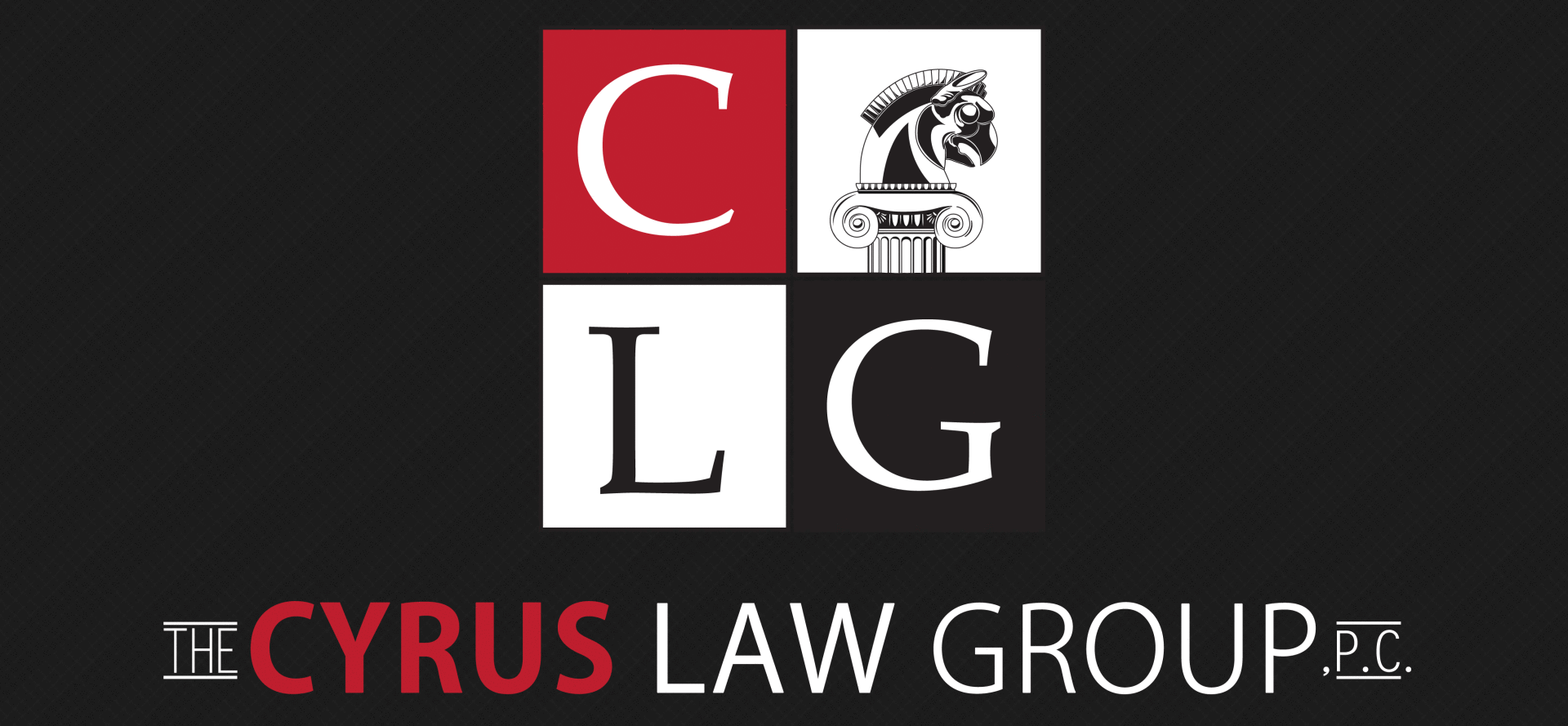Vincent Gallo is suing a Japanese reporter for invasion of privacy for recording and publishing conversations that were off the record, the actor says. Gallo, best known for his cult hit movie Buffalo 66, which he also wrote, produced, and directed, says that Hikari Takano should pay compensatory and punitive damages.
The artist claims that Takano took material that was off the record, and which Gallo did not know was being recorded, and used it against his express wishes, reports Courthouse News Service. But it seems that the real problem here is that Gallo created an “audacious” interview character who says outrageous things but wasn’t amused when that audacious character’s views were publicized … which, frankly, sounds anything but bold.
Coppola Clan
Among other offending comments that should not have been recorded or released, Gallo claims, are some cracks at filmmaking masters the Coppola family. Gallo reportedly made fun of director Francis Ford Coppola’s girth and of his daughter while working on a Coppolla Papa film. Takano was not supposed to publish these comments, and he was supposed to limit his use of Gallo’s gems for the specific purpose of the magazine interview to which he agreed.
Despite his “audacious persona” Gallo has lots of rules. He does not mind if reporters record interviews for “reference purposes only,” but not for their “own financial gain.” In his filing, Gallo complained, “The taping and subsequent broadcast of the private conversation and interview between Mr. Gallo and Mr. Takano were highly objectionable to Mr. Gallo in that 1) it was done without his consent to be taped; and 2) was being broadcast in its entirety, and not in connection with the Free & Easy magazine article.”
Timing Is Everything
Gallo’s claims are interesting in part because he is now reminding us of the very offending comments he supposedly wanted to stay off the record. Some were recorded with permission, and other parts without, back in 2003.
Gallo is now saying that he would have been fine with the recordings if they were used only for the intended interview he acquiesced to with Free and Easy magazine. But Takano put the interviews up on his site in their entirety at some point, and then took them down again when Gallo threatened to sue in 2015. The interviews then went back up again, Gallo says, and because Takano has sponsors on the site, Gallo argues that the reporter is profiting from this illegitimate use of the interviews in violation of California privacy law. As of this week, the interviews are not up on Takano’s site.
Follow FindLaw for Consumers on Facebook and Twitter (@FindLawConsumer).
Related Resources:
- Did Gawker Invade Hulk Hogan’s Privacy With Sex Tape Publication? (FindLaw’s Celebrity Justice)
- Invasion of Privacy Laws (FindLaw’s Learn About the Law)
- What Is Invasion of Privacy? (FindLaw’s Learn About the Law)
- Is There a Difference Between Confidentiality and Privacy? (FindLaw’s Learn About the Law)
